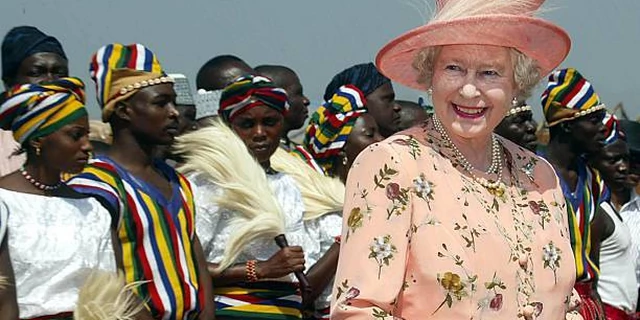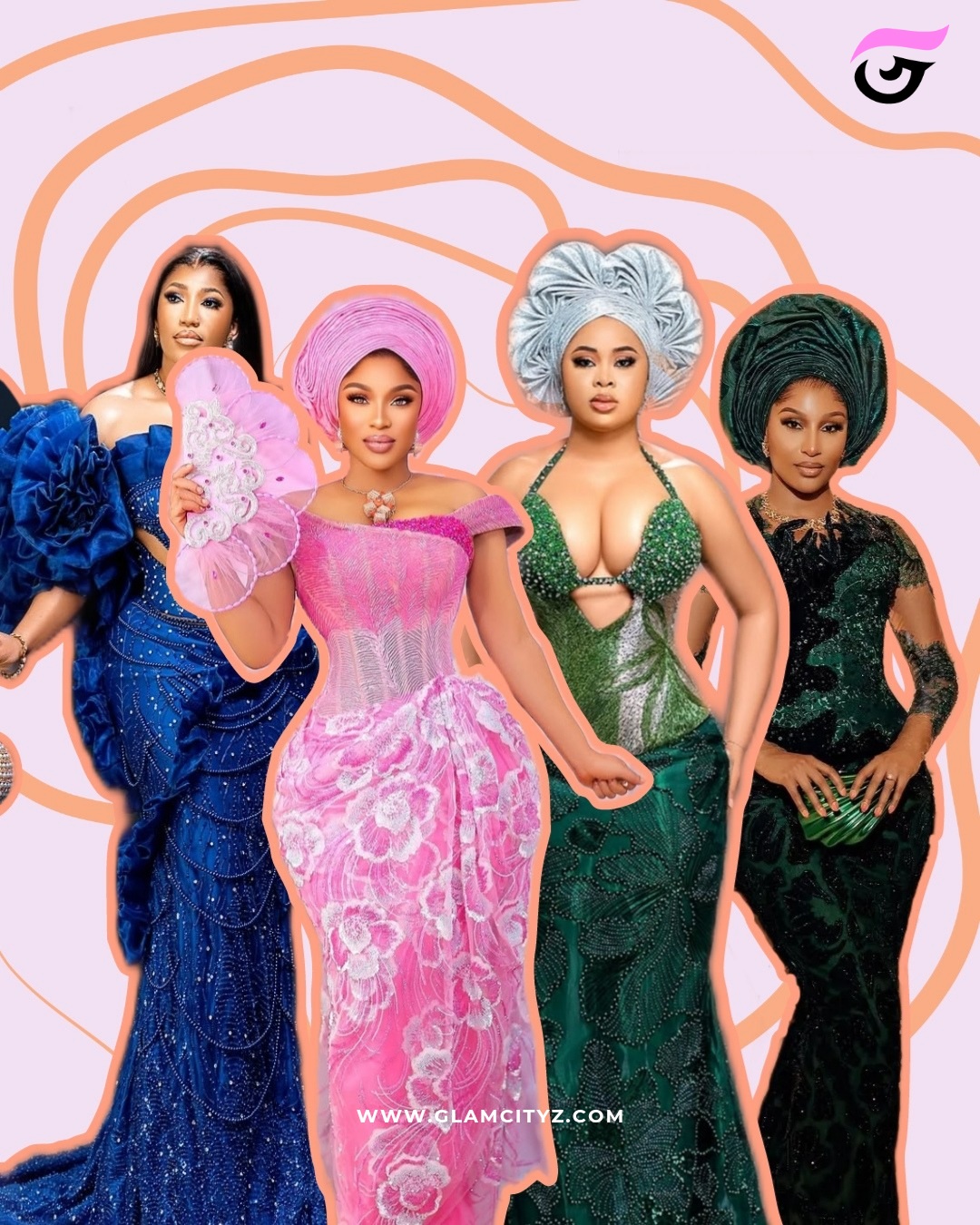The world is currently mourning the demise of one of the most influential persons to ever walked the earth, Queen Elizabeth II of the United Kingdom.
The 96-year-old monarch breathed her last on Thursday, September 8, 2022, after spending 70 years on the throne.
The deceased was the world’s longest reigning monarch after the death of King Bhumibol Adulyadej of Thailand in 2016.
Elizabeth was an iconic monarch whose era witnessed the liberation of many countries from the grip of British colonisation to independence.
As Nigerians join Britain to mourn the Queen’s passing, Pulse recalls a time when Elizabeth held the title of ‘Queen of Nigeria’ and the event that led to that title.
Nigeria’s Independence: One of the sweetest memories the Elizabeth era brought to Nigerians was the nation’s independence in 1960. Prior to that time, the colony and protectorate of Nigeria were being run by the British Empire which had Queen Elizabeth as the head.
On October 1, 1954, the British Empire designated the Federation of Nigeria, but it remained a quasi-federal British colony until it gained independence within the Commonwealth of Nations on October 1, 1960.
Nigeria’s independence was pronounced by the Parliament of the United Kingdom’s Nigeria Independence Act 1960. By this virtue, Nigeria was one of the realms of the Commonwealth that shared the same person as Sovereign and Head of State.
This implied that, even though Nigeria had been presented with the Freedom Charter in 1960, the British retained a significant influence in the nation’s administration, which cuts across law-making and other important decisions.
Queen of Nigeria: As prescribed in the Nigeria Independence Act 1960, no British government minister could advise the sovereign on any matters pertaining to Nigeria, meaning the monarch only took advice solely from Nigerian Ministers.
On the advice of the then Prime Minister, Tafawa-Balewa, Queen Elizabeth appointed Dr Nnamdi Azikiwe, as President of the Nigerian senate and Governor-General and the latter represented Her Majesty in the Federation.
The monarch, the Senate, and the House of Representatives constituted the Parliament of Nigeria but all executive powers of Nigeria rested with the sovereign. All Nigerian bills required Royal assent which would be sought by the Governor-General.
The monarch held her sovereignty in virtue of her “Nigerian Crown”, and acted on the advice of the Nigerian Government, which makes her the ‘Queen of Nigeria.’
The change: The government of Nigeria was officially known as Her Majesty’s Government. The system became so unpopular among Nigerians that all the political parties advocated for a change and agreed that the country should be a republic.
Elizabeth ceased to be the ‘Queen of Nigeria’ on October 1, 1963, when the Federation of Nigeria became the Federal Republic of Nigeria
Source: Pulse

























